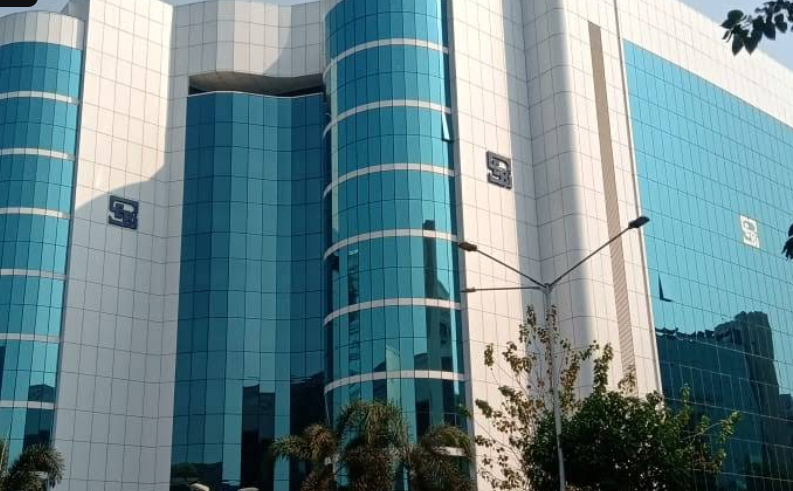
In a significant move aimed at streamlining the derivatives market and enhancing market discipline, the Securities and Exchange Board of India (SEBI) has introduced a framework restricting weekly F&O (Futures and Options) expiries to only two days – Tuesdays and Thursdays. This new guideline is applicable to all stock exchanges offering equity derivatives and marks an important step toward creating a more standardized trading environment.
Key Highlights of the SEBI Framework
SEBI has directed that exchanges will be permitted to conduct F&O expiries only on Tuesdays or Thursdays. This step is expected to reduce confusion among market participants and bring better clarity and predictability to the system. Currently, BSE holds its weekly F&O expiry on Tuesday, while NSE does so on Thursday.
According to the framework:
Exchanges must restrict weekly benchmark index option contracts to either Tuesday or Thursday.
All non-benchmark index contracts will be allowed only if their duration is less than one month.
Any change in the existing expiry days will require SEBI's prior approval.
Exchanges will need to submit their proposals regarding expiry day preferences by June 15, 2025.
Why This Matters
Market participants have often raised concerns over the rising complexity and volatility associated with multiple expiry days spread across the week. SEBI’s move aims to address this by limiting the number of expiry days, which could help reduce volatility and improve market stability.
By mandating only two possible expiry days, SEBI also hopes to avoid excessive competition between exchanges and ensure that liquidity does not get fragmented. The development is especially relevant as NSE is also reportedly preparing for its IPO listing, a process where regulatory compliance and investor confidence play a vital role.
Impact on Exchanges: A Closer Look at BSE and NSE
This development could have a notable impact on BSE, which currently enjoys a first-mover advantage by conducting expiries on Tuesday. NSE, which had previously requested Monday as its expiry day but was denied, has now applied for Tuesday as well. If SEBI approves NSE’s request, this could potentially eat into BSE's share of the weekly options market and affect its trading volumes.
Market analysts point out that BSE has seen significant institutional buying momentum in recent weeks. However, with the potential overlap in expiry days, profit booking and some degree of sentiment-driven selling may be seen in BSE shares in the short term.
For NSE, a move to Tuesday expiries could strengthen its already dominant position in the derivatives market. But from a broader perspective, SEBI’s uniformity-driven decision may lead to reduced trading opportunities during the week and possibly a dip in volumes, at least in the short term. In Q4, when SEBI had already reduced multiple expiries, there was a 15% quarter-on-quarter dip in trading volumes, and transaction charges also saw an impact.
Market Participants: A Smoother Experience
For traders and investors, this new framework offers several advantages. A predictable expiry schedule helps with better planning and reduces the mental burden of tracking multiple expiries. Retail investors, who may not monitor the markets daily, will particularly benefit from the simplified structure.
Moreover, this reform supports the idea of a more disciplined and hygienic market structure. By avoiding frequent concentration of trades on different days, it also reduces extreme volatility spikes that often occur around expiry sessions.
What’s Next?
The exchanges have until June 15, 2025, to submit their proposals for preferred expiry days. SEBI will review these proposals before giving final approvals. The direction taken by NSE and BSE in their submissions will be closely watched, especially in light of competitive dynamics and the broader implications for the market.
Ultimately, SEBI’s move can be seen as a developmental initiative aimed at fostering efficiency, stability, and fairness in the market. While the exchanges may have to adjust their strategies, the long-term impact is expected to be positive for the overall trading ecosystem.
Disclaimer:
The information provided in this article is for informational purposes only and should not be considered as financial or investment advice. Readers are advised to consult with a certified financial advisor before making any investment decisions. The views expressed are based on publicly available information and current developments as of May 2025.




